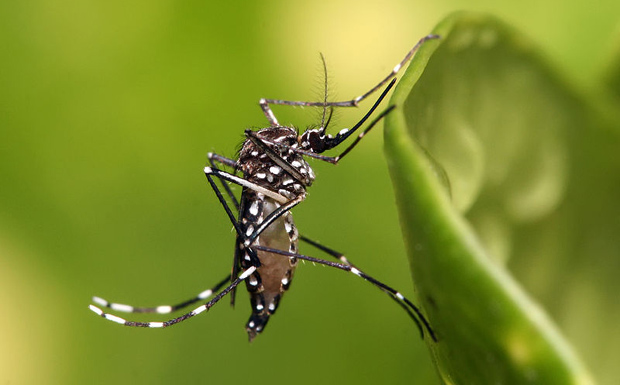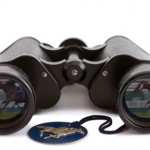
July 7, 2016
A new strain of dengue virus discovered by Queensland scientists could help researchers evaluate the effectiveness of potential vaccines and treatments for the disease.
Researchers at Queensland Health’s Forensic and Scientific Services have described the discovery as a rare and distant relative of the more common dengue Type 1 virus.
Dr Alyssa Pyke, from the Public Health Virology laboratory at FSS, said that until now researchers believed this particular strain only circulated between mosquitoes and monkeys.
“The new strain is very different to more common dengue viruses which are usually transferred between mosquitoes and humans,” Dr Pyke said.
“The discovery was made during routine testing of a Queensland patient who had returned from Brunei and was showing signs of dengue fever.
“Further testing showed they had contracted a strain of dengue Type 1 that we normally don’t see in human patients.”
The team decided to look at the new strain more closely and look at how it was related to other dengue viruses.
“What we found was extraordinary. This virus is only distantly related to other dengue Type 1 viruses,” Dr Pyke said.
“Dengue viruses have been around for some time and are believed to have originated from the jungles and forests of Asia and Africa where they circulated between monkeys and mosquitoes.
“Until recently, it was thought that human dengue Type 1 viruses branched away from forest strains from approximately 120 years ago but our discovery indicates this occurred more than 300 years ago.
“This clearly demonstrates that we still have much to learn about dengue evolution and there could be other highly different strains that have not yet been discovered.”
Researchers also demonstrated that although it had not happened yet, the new strain could infect local Aedes aegypti mosquitoes at similar rates to a human dengue Type 1 strain.
Health Minister Cameron Dick said the findings were another demonstration of the research capabilities in Queensland.
“I congratulate Dr Pyke and her team on these important findings which will have clear practical and beneficial outcomes for many Queenslanders in our fight against dengue,” Mr Dick said.
Dr Pyke said that due to increased global travel diseases and viruses previously found only in remote environments were emerging in more populated areas.
“By isolating this virus, we now have the opportunity to learn more about the various dengue viruses, their transmission and how they spread which will help us to develop better disease and mosquito controls. For Queenslanders, this is particularly important as we are more vulnerable to dengue outbreaks,” she said.
The research has been published in the journal, Scientific Reports.























